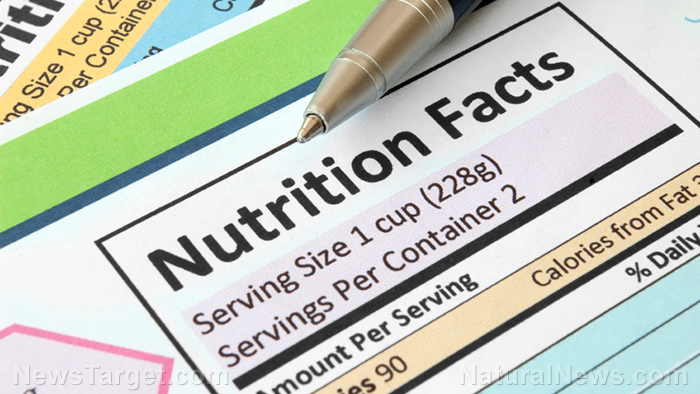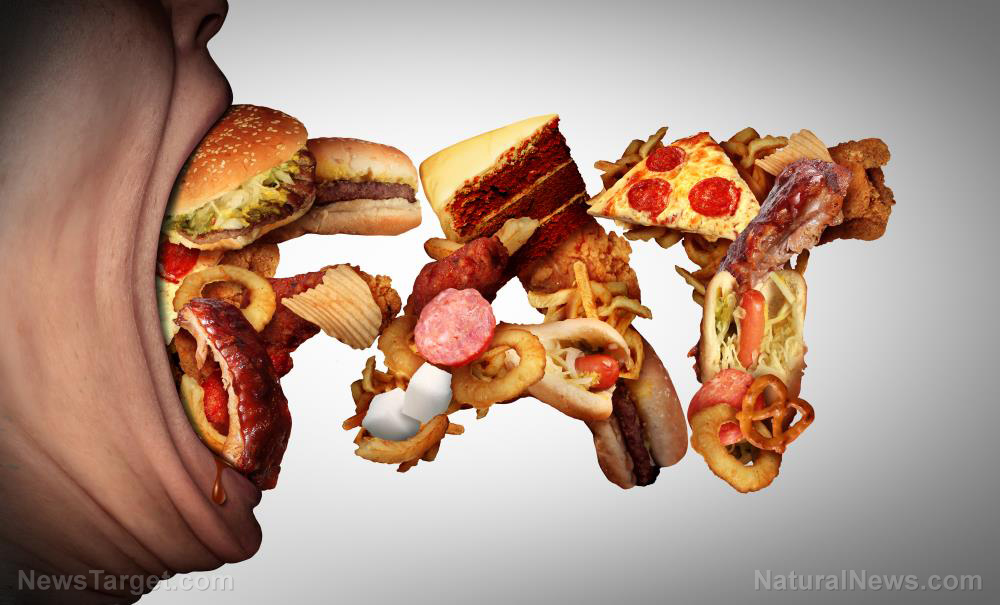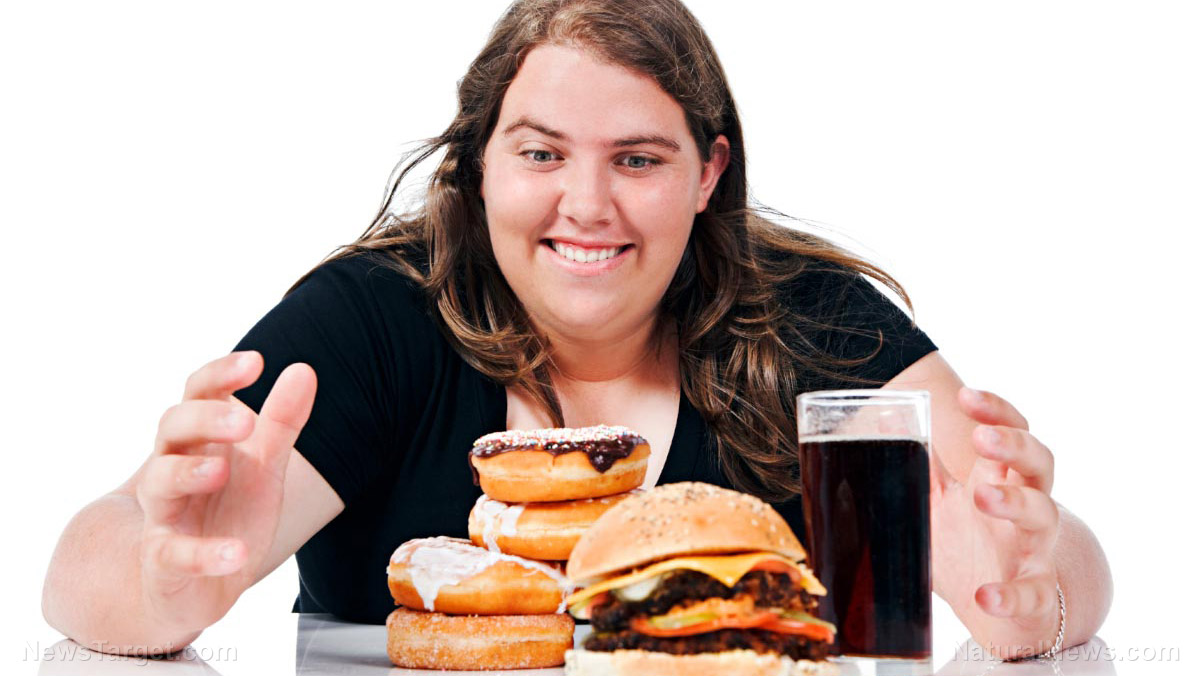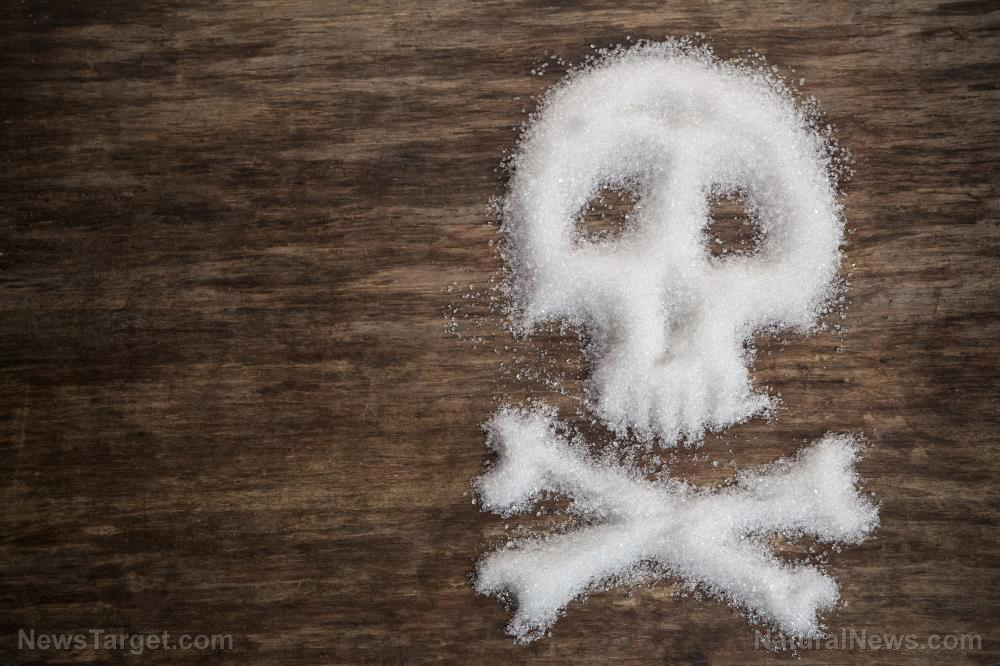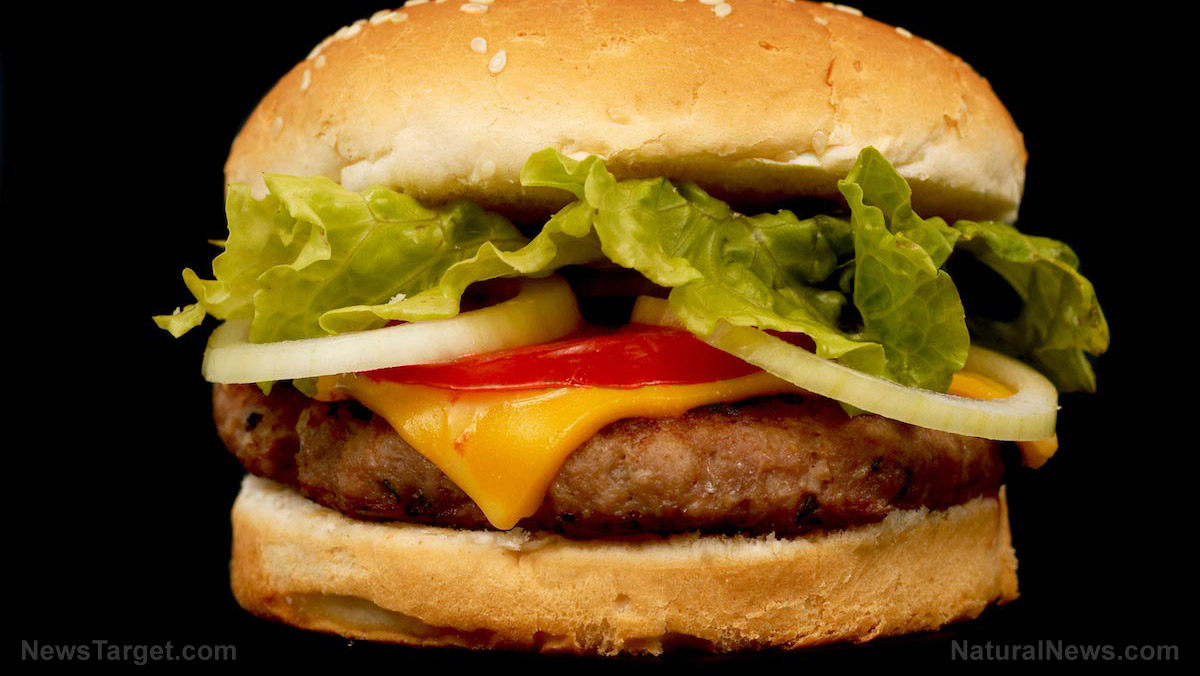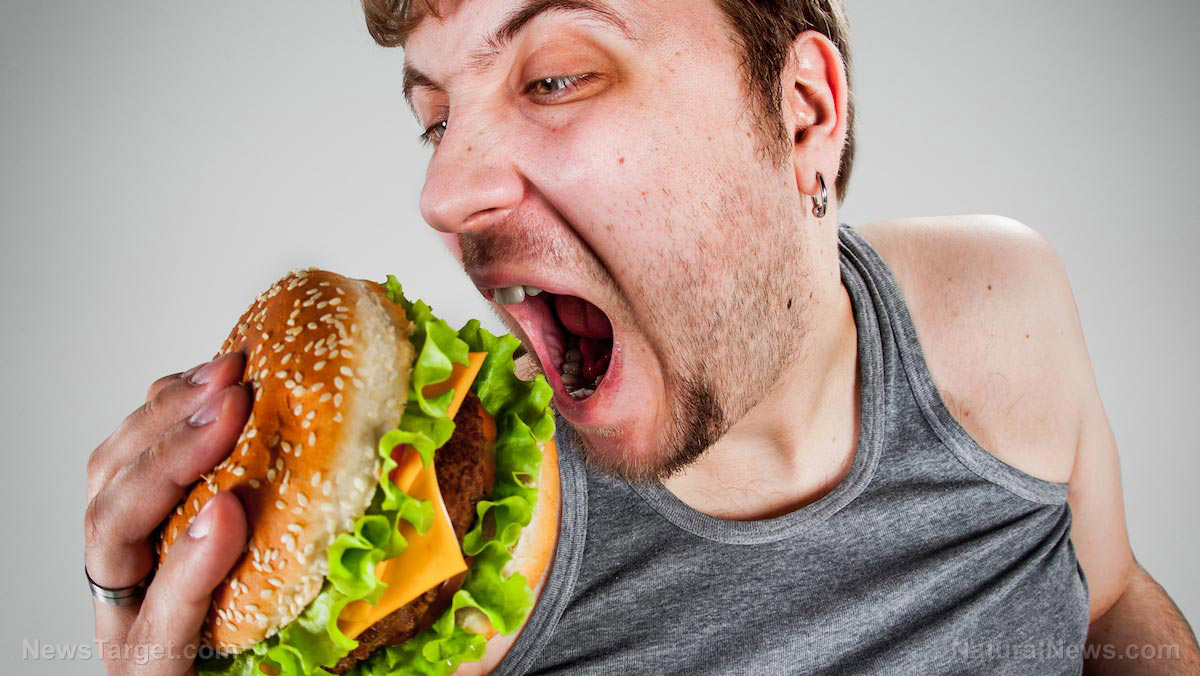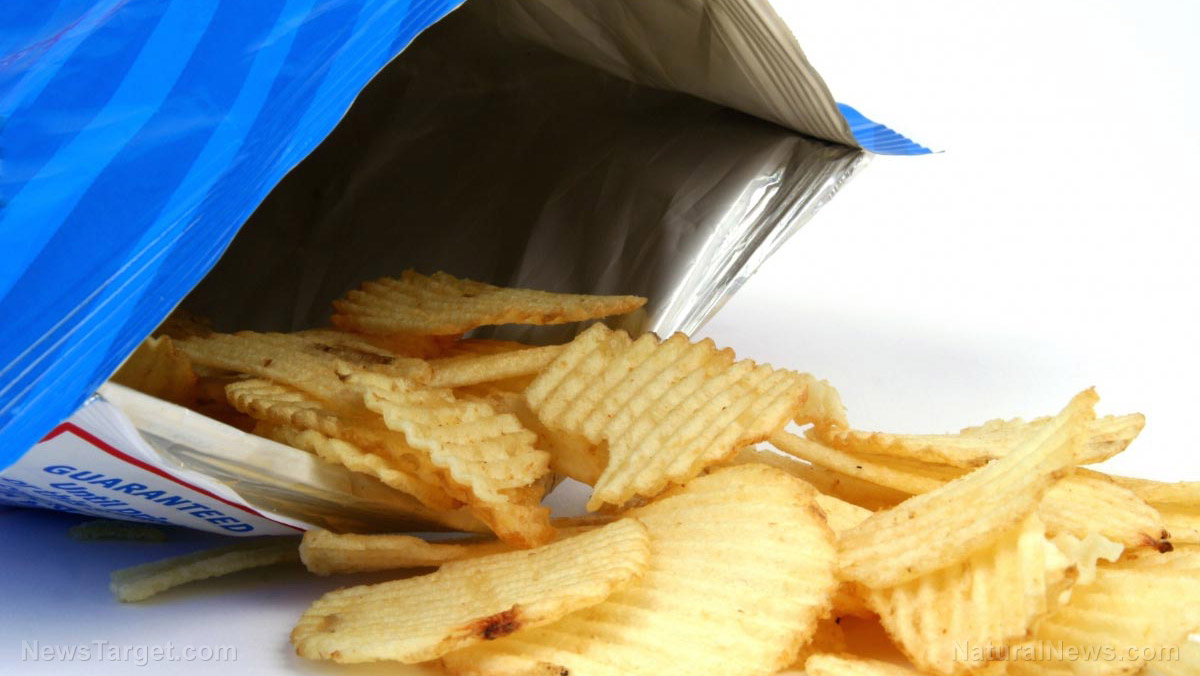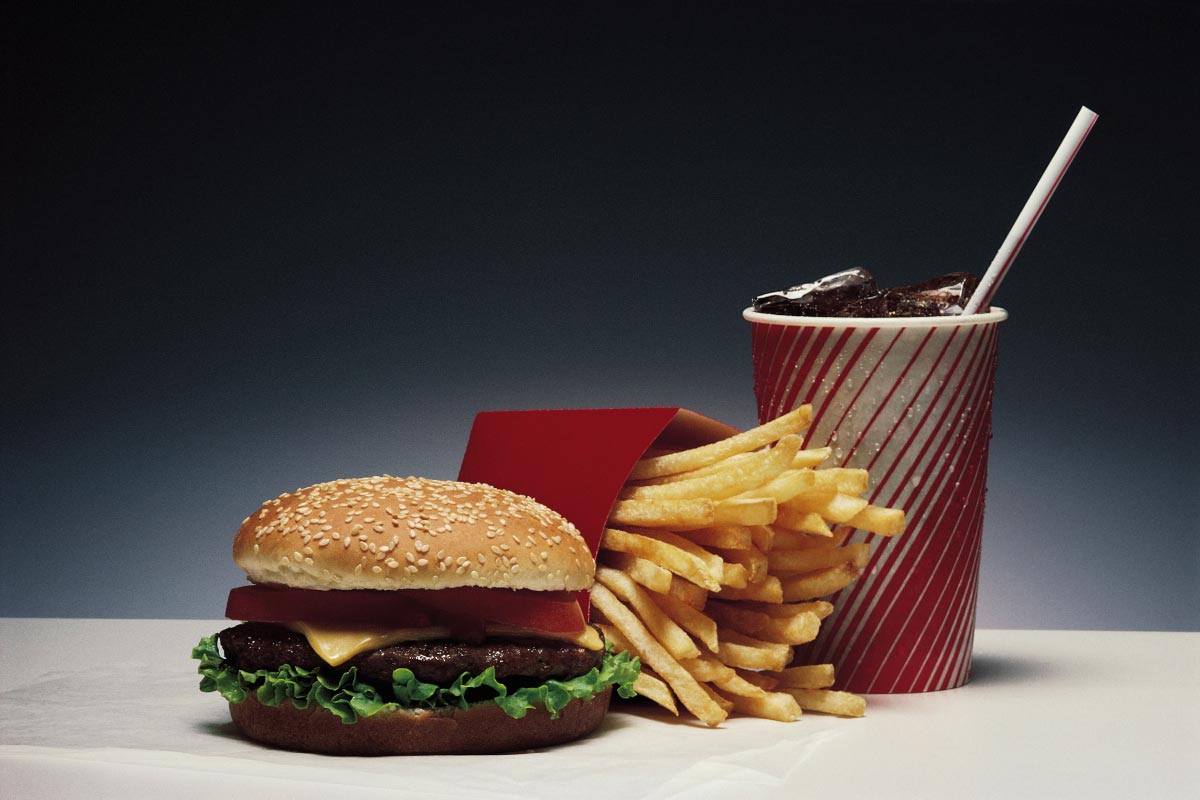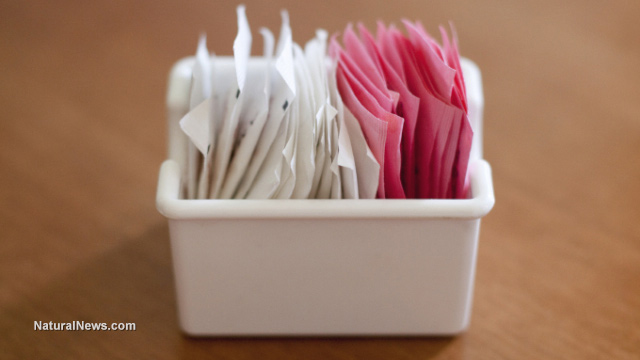High-sodium diets may be the reason why so many Chinese have heart problems, according to study
06/19/2019 / By Michelle Simmons

You may want to consider reducing your sodium intake to keep your heart healthy. A study published in the Journal of the American Heart Association found that in 2011, almost one-fifth of heart disease-related deaths in a province in China were due to high-sodium diets.
For the study, the researchers looked at the effect of dietary sodium using data from the Shandong-Ministry of Health Action on Sodium and Hypertension (SMASH) program. The researchers used blood pressure values and sodium intake measurements from the SMASH participants, as well as death rates for the province.
The researchers found that 20 percent of deaths from cardiovascular disease among adults aged 25 to 69 years can be attributed to the systolic blood pressure-raising effect of high-sodium intake in Shandong. They believe that if sodium consumption was reduced from 12,500 milligrams (mg) per day — the 2011 Shandong baseline — to 3,500 mg per day, more than 8,000 deaths from cardiovascular disease could have been prevented. (Related: Put down the salt: Systematic review proves that too much sodium can increase the risk of cardiovascular disease.)
“High intake of sodium is harmful, and the potential benefits of reducing sodium intake are considerable,” said Shiwei Liu, Ph.D., senior author of the study and epidemiology professor at the Chinese Center for Disease Control and Prevention in Beijing. “People should control the consumption of salt in their life, including cooking at home and eating out. Medical professionals and other healthcare providers should help their patients understand that high sodium consumption is one of the most important risks that can lead to cardiovascular disease.”
Other health effects of consuming too much sodium
Aside from cardiovascular problems, eating too much sodium can also cause cancer and osteoporosis. Research shows that higher consumption of salt, sodium, or salty foods is associated with an increased risk of stomach cancer. The World Cancer Research Fund and the American Institute for Cancer Research both consider salt, sodium, or salty foods as probable causes of stomach cancer.
High salt intake also affects bone health. The body loses more calcium through urination when a person consumes more salt. If there is not enough calcium in the blood, it will be leached out of the bones, so a diet high in sodium can promote the development of a bone-thinning disease called osteoporosis. Reducing salt consumption, on the other hand, could slow the loss of calcium from bones that occurs with aging.
Here are some tips to reduce your salt and sodium intake:
- Read the label to check the sodium content of a product. Aim for foods that have less than 400 mg per 100 grams (g) of sodium. It is also important to check the label because some products may not taste salty, but still have high sodium content.
- Eat more fresh fruits and vegetables because they contain very low amounts of sodium.
- Avoid packed meats because they have too much sodium. Instead, opt for fresh cuts of beef, chicken, or pork as they contain less sodium than processed meats.
- Compare different brands of the same food item and choose the one that has the lowest sodium content.
Cutting down on sodium may not be easy at first, but it will eventually pay off. Your heart and the rest of your body will thank you for it.
Sources include:
Tagged Under: calcium, cardiovascular disease, fast food, heart disease, high-sodium diets, ingredients, low-sodium foods, osteoporosis, research, salt, salt intake, sodium, systolic blood pressure
RECENT NEWS & ARTICLES
COPYRIGHT © 2017 FAST FOOD NEWS


